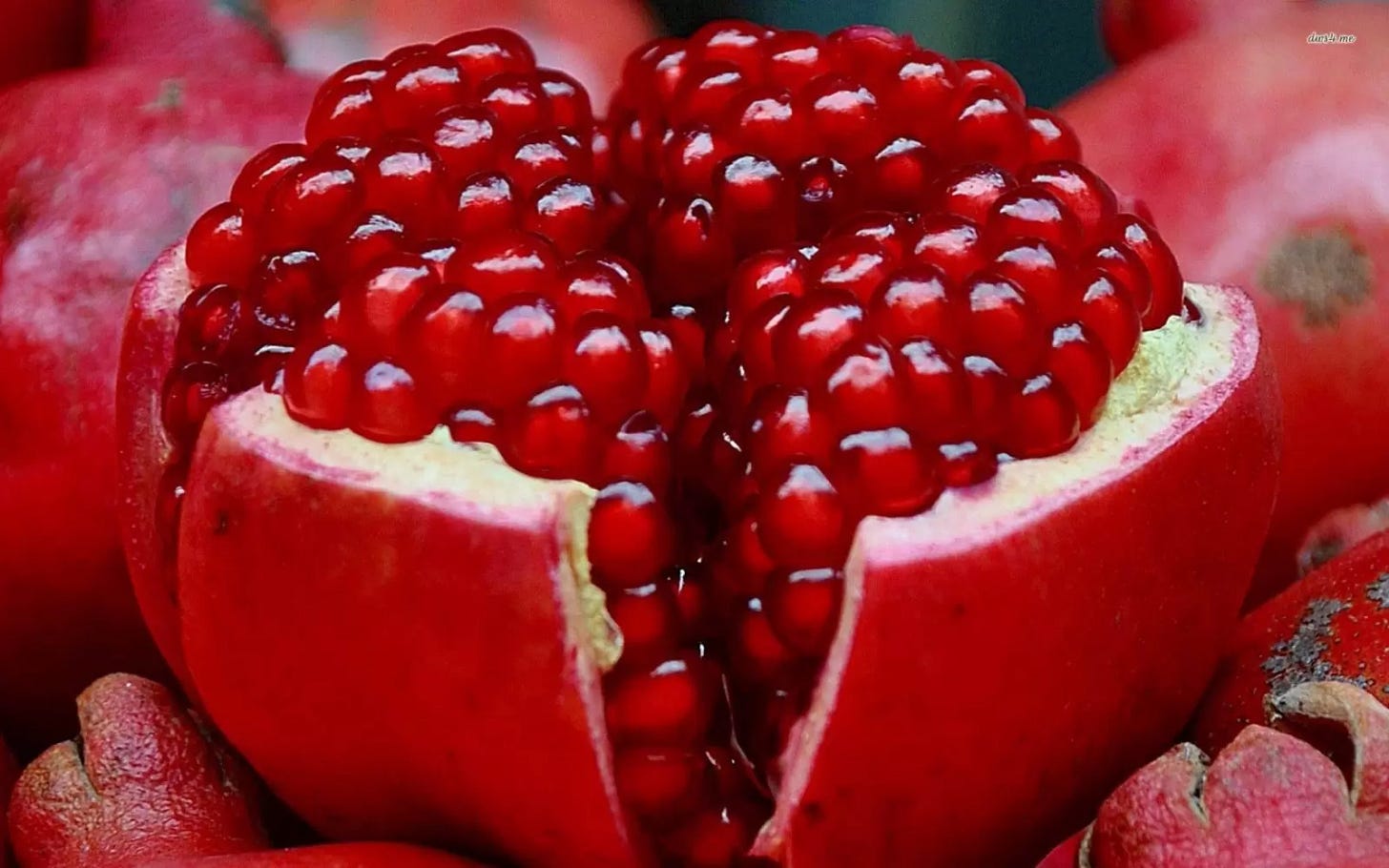In 2011, the late Rabbi Lord Jonathan Sacks delivered a brief, powerful message in advance of the Jewish New Year on the importance of asking for forgiveness:
…there’s something so powerful about the ability to say sorry. Out there in secular society we live in a non penitential culture. When was the last time you heard a politician say, “I’m sorry”? Or a Rabbi, say, “I got it wrong”? Or a pundit say, “I made a mistake.” Yet we’re always getting things wrong. That’s what it is to be human.
So, to be able to say, “I’m sorry, I was wrong, forgive me,” is important. It’s a moment of honesty in a lifetime of keeping up appearances; of trying to look infallible. And I can say sorry to God because I know He forgives me. I know that because that’s the kind of God He is.
“We live in a non penitential culture.” How true that is. While we expect our loved ones, coworkers, and friends to meet basic moral standards, we often excuse our leaders - whether communal or national - when they refuse to admit their shortcomings. At times, we even misinterpret that refusal as strength, a mark of resilience in the face of partisan hostility.
As difficult as asking for forgiveness may be, Sacks continues by arguing that it is only one piece of the puzzle:
Chamol al ma’asecha. Have compassion on your works. Forgive. That’s what we say on Rosh Hashanah and Yom Kippur, and the days between. But it cuts both ways. We can’t ask God to forgive us if we don’t forgive others.
We have to forgive those who’ve offended us, however hard it is, because life is too short to feel resentment. Lo tikkom velo titor, says the Torah. Don’t bear a grudge and don’t take revenge.
At the end of his life, Moses said to the Israelites, “Don’t despise an Egyptian, because you were strangers in his land.” Strangers in his land? They persecuted the Israelites, enslaved them, tried to kill half their children. Don’t despise them? They were despicable. But what Moses was saying was: if you continue to hate, you will still be slaves: slaves to the past and your resentment. If you want to be free you have to let go of hate.
And that’s still true. Our energies are too precious to waste on a past we can’t undo. No one can offend me without my permission, and I refuse to give bad people the victory of knowing I care about what they say or do. On these holy days, we have to let go of hate. We have to forgive. And we will then travel lighter through life, with less grief, more joy.
If there is a universal message in the Jewish New Year, it is that our freedom - and our humanity - rests not only on our capacity to ask for forgiveness, but also on our ability to forgive. These actions are interdependent, forming the foundation of healthy relationships and healthy societies.
Unfortunately, the past year has been scarred by continued global polarization and conflict. We neither ask for forgiveness nor are we prepared to forgive. Instead, we remain captive to our grievances, our hatred, and our fear. And rather than working to resolve our disputes, we pour limitless energy and resources into justifying those emotions.
I admit that, while typing, I asked myself more than once: do I even believe what I am saying? Are all things forgivable? Am I truly prepared to ask for forgiveness for my own shortcomings, or to forgive myself? I suspect others wrestle with these same questions. I remain captive to emotions - some sustained since October 7th, others rooted much deeper. At the same time, I also know that change is possible; I have felt it before, and may again.
Every year Jews recite, “We are flesh and blood. We come from dust, and return to dust.” The lines are meant to humble us, reminding us that our time is fleeting, and that clinging to hatred or grievance is a misuse of the gift of life. To honor that gift, we must recognize our common humanity by taking a first, difficult step: asking for forgiveness, and offering forgiveness with an open heart. Even if we are not ready today, honest introspection can make us more willing tomorrow or in the year ahead.
With that in mind, I pray that it be a year of compassion, a year of reflection, a year of forgiveness, a year of peace.
Gabi



Sigh.
Thank you.